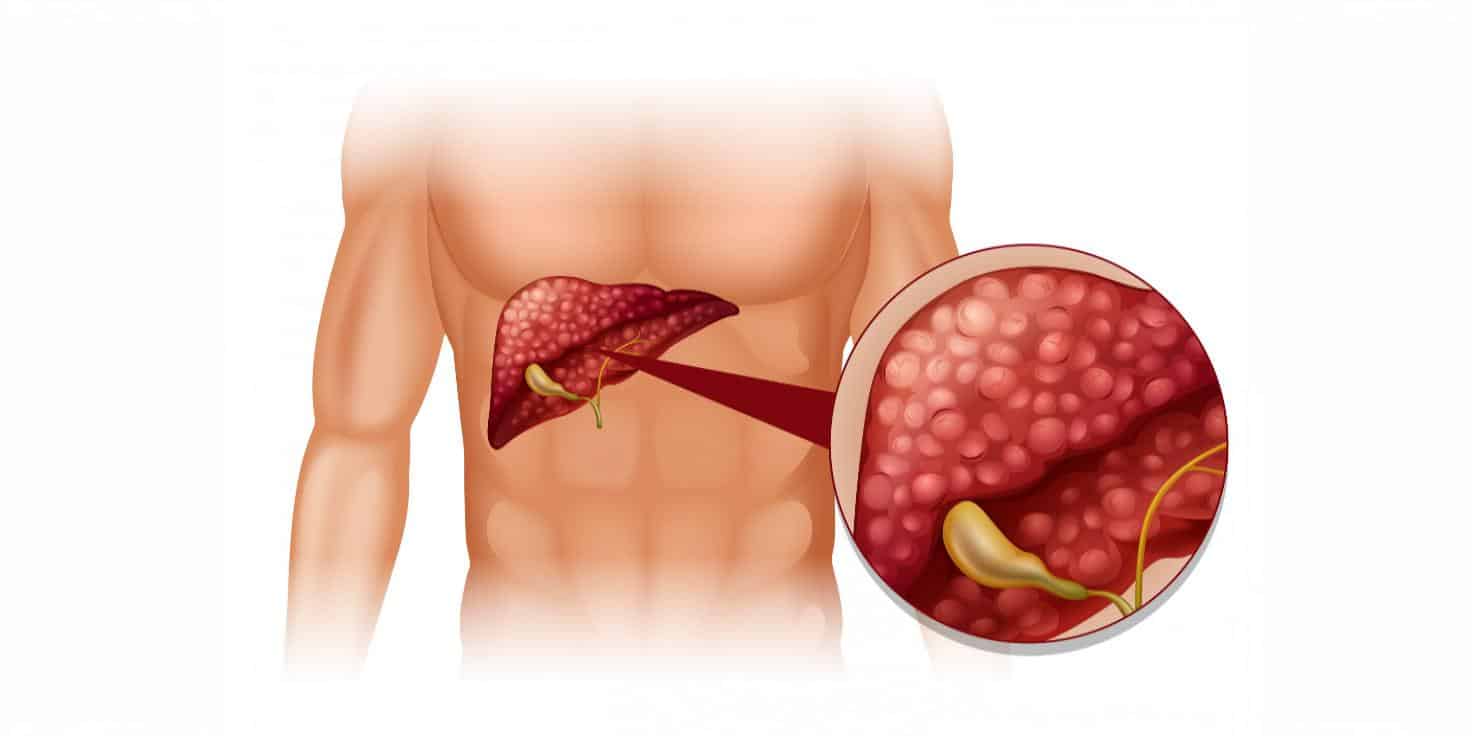Health reform, resistance to antimicrobials, health disparities, and the impact of violence were top themes discussed at the MSF–Asia 2024 Conference at India Habitat Centre on October 25.
The event brought together more than 200 researchers, academics, and patient representatives dedicated to advancing humanitarian medical innovation and research.
Speaking at the conference, health experts said that antimicrobial resistance (AMR) remains a major threat, jeopardizing the effectiveness of antibiotics, putting countless lives at risk, and undermining advances in modern medicine. They urged innovative antibiotic development and improved surveillance systems to effectively tackle this complex issue.
The conference also discussed healthcare challenges faced by women in conflict regions like the Indo-Myanmar border and Kashmir.
Experts also discussed health inequities, barriers faced by vulnerable populations, including the transgender community and women with disabilities. Presentations called for trans-affirmative care and community engagement to effectively address these pressing issues
The Conference was held in collaboration with Atal Bihari Vajpayee Institute of Medical Sciences and Dr. Ram Manohar Lohia (RML).
The lineup of speakers featured experts from institutions and organisations such as FIND, The Union, ReAct Asia Pacific, Indian Council of Medical Research (ICMR), BRAC University (Dhaka, Bangladesh), Sangath India and Jindal School of Public Health & Human Development.
The sessions included personal stories of resilience from TB survivors and community-based care models that demonstrate how grassroots efforts can significantly enhance healthcare delivery.
Shweta Narayan, campaign lead at Global Climate and Health Alliance, delivered a special address on a critical intersection: ‘Climate Crisis and Health: Role of the Health Community as Advocates for Climate Change’.
Dr Farhat Mantoo, Executive Director of MSF South Asia, emphasized the importance of localized interventions in her welcome remarks.
“Here in Asia, we are tackling unique challenges, and it is essential that our approaches are informed by local realities. The evidence and science-based solutions we share during this conference will further enable communities to lead the transformation of their health systems while keeping attention and ear to the needs of patients,” she said.
The opening remarks were delivered by Dr. Ajay Shukla, Director & Medical Superintendent, Atal Bihari Vajpayee Institute of Medical Sciences and Dr. Ram Manohar Lohia (RML) Hospital.
“Today’s gathering is a testament to our shared commitment to leveraging research and innovation in addressing the pressing health challenges across Asia. By bringing together experts from various fields, we aim to bridge the gap in healthcare access and deliver quality medical services to those who need it the most,” he said.
Dr. Yogeshwar Kalkonde, Public Health Practitioner and Researcher and an Executive Committee member at Sangwari, a not for profit working in Chhattisgarh delivered the keynote address.
“In a world where the most marginalized often suffer in silence, research must serve as a tool for change. Our focus should be on generating evidence that not only highlights health disparities but also drives action to eliminate them,” he said.
Also read: First Check inducts five new members – First Check















